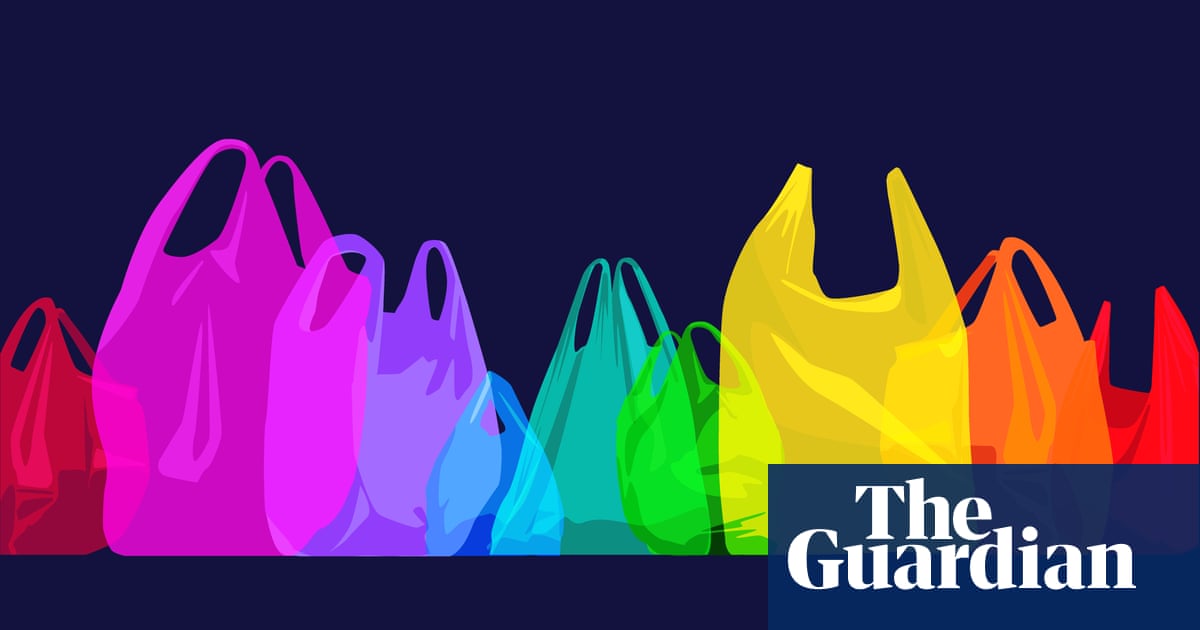A tax that has reduced plastic bag consumption in Sweden by more than three-quarters in four years is being abolished on Friday, despite warnings that the move could lead to usage rising back towards previous levels.
Since the introduction of the 3 kroner (£0.21) tax in May 2020, plastic bag usage in the country has slumped. In 2019, before the levy was introduced, people in Sweden used an average of 74 plastic bags (15-50 micrometres thick) per person each year each. In 2023 that number had dropped to 17.
The law was introduced after the EU’s 2015 plastic bag directive required member states to dramatically cut usage.
Among those to criticise the end of the tax in Sweden was the government’s own environmental protection agency, which warned the levy was still needed to consolidate new behaviours.
“We don’t think the government should lower the tax already,” said Åsa Stenmarck, a spokesperson for the Swedish Environmental Protection Agency. “We think they could have evaluated this properly before making a decision.”
Last year, Sweden’s centre-right coalition government, backed by the far-right Sweden Democrats, announced the tax would be abolished. It said the country’s plastic bag consumption was already below the EU target, which meant the levy was “not deemed necessary for its purpose”.
Stenmarck said: “We don’t know what will happen now. The consumption target of 40 bags per person still exists from 2025 onwards and if we don’t reach it, we will be fined by the EU.”
Now the responsibility fell to industry, which Stenmarck said she hoped would not start marketing plastic bags, and consumers, who she hoped had “largely changed their behaviour and carry their own bags”.
Despite Sweden’s involvement in the invention of the plastic bag, which was patented by the Swedish company Celloplast in 1965 and quickly went on to replace cloth and plastic bags in Europe, the country has been a frontrunner on reducing usage.
The big supermarkets have long charged for plastic and paper bags, in turn encouraging people to bring their own, while the tax rapidly reduced consumption in other areas of retail.
But the levy has fallen victim to rightwing populism and culture wars, said Rolf Lindahl, a climate and energy campaigner for Greenpeace Sweden.
after newsletter promotion
“The plastic ban tax has become a part of a very unfortunate populist narrative around climate policies from the rightwing parties and they have used it as an example of environmental overreach from the government,” he said.
“We worry that dropping the tax will mean increased plastic use and a return to the norm of always buying new bags at the supermarket.”
Joakim Brodahl, from the non-profit organisation Keep Sweden Clean, said the removal of the tax would probably lead to plastic bags costing less to consumers and in turn increasing consumption. “We see that there is a risk that the behaviour can quickly turn back unless, for example, the trade is alert to changes in their sales of plastic bags,” he said.











